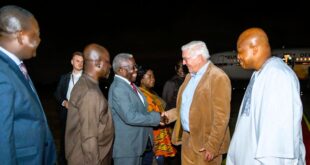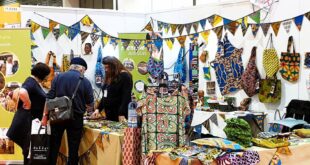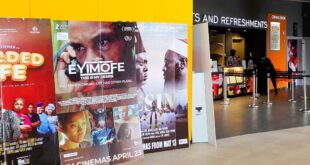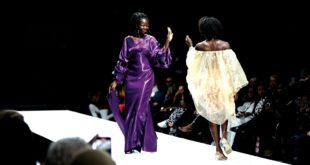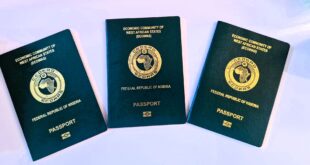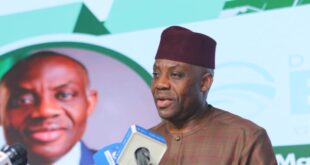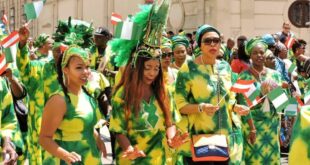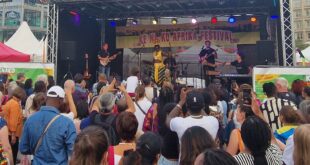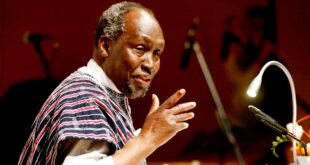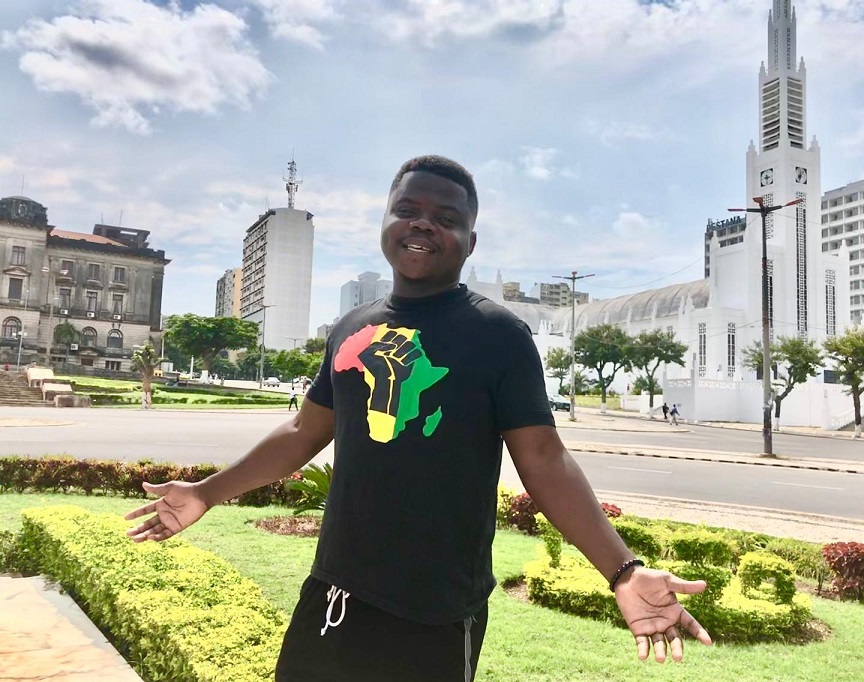
Africa is more than poor and starving, the vloggers are saying. And they show a reality far away from the stereotype. Stunning holiday spots, beautiful housing estates, entrepreneurs who are doing fine, diaspora returnees who have discovered opportunities at home. A new generation of YouTubers are transforming the image of the continent
Tired of the clichéd image of their continent portrayed, sometimes maliciously, as a place of poverty, disease, suffering and wars, young Africans have turned to social media to set the record straight, portraying their Africa the way they see and live it.
Africa is more than poverty, says Wode Maya, the Ghanaian YouTuber, on why he created his channel Africa To The World, which has over 1.1 million subscribers (as of September 2022) and recorded more than 100 million views.
“The Image of Africa has been distorted around the globe and we are changing the narratives via YouTube videos one country at a time. Until the history of Africa is told by Africans, the story of greatness will always glorify the imperialists!” Wode Maya writes in the introduction to his YouTube channel.
Wode Maya, whose real name is Berthold Kobby Winkler Ackon, started his YouTube journey in 2013 while studying aeronautical engineering in China, to reshape people’s perceptions about Africa.
It was in China that he discovered that Africa is unknown. So many misconceptions about Africa and its people. He sought to correct the situation by travelling back to Ghana to interview Chinese people living in the country to talk about their lives with the hope that their testimony would help change the image of Africa in China.
After a while, he said he realised the image of Africa had to be corrected, not only in China but in the whole world.
Wode Maya started with a travel series about African destinations and has expanded into other themes such as diaspora returning to their homelands to resettle, young successful home-based businesspeople and even interviewing statesmen and scholars to present their message to African youths.
“I want to see people travelling around Africa,” he once said. “For Africans to know themselves better and the world to see the real Africa.”
The series of his YouTube channel ranges from “Africa You Don’t See On The Media”, featuring beautiful African cities and tourist attractions, to “I Left America” about Africans who return to the continent to seek opportunities and are making contributions to its development.
Wode Maya is not alone. There are many others like him, such as Vanessa Kanbi, Miss Trudy, Tayo Aina, Lorissa Akua, etc, young Africans who have taken to Instagram, Facebook and YouTube against stereotype. And their target audiences are not only non-Africans but also young people in the continent and in the Black diaspora.
The focus of the young vloggers is diverse. From tourist sites, cooking and entrepreneurship to beauty issues and African culture, they have created a new African media universe.
They are not only changing the world’s perception of Africa, but they are also making it possible for young Africans to know more about each other and not through the prism of others.
Gone are the days when Nigerians could learn of the exploits of their fellow Africans in other parts of the continent only through the Western media.
The vloggers have created a direct communication channel for the young generation both on the continent and the diaspora. Many of the YouTubers are also making a profit from advertising and product placements, just like other influencers. For example, Wode Maya says he makes between $20,000 and $50,000 a month from his YouTube channel – from YouTube advertisements and the fees he charges entrepreneurs he profiles.
The most destructive impact of the bad image of Africa in the Western media is on the young people in the continent itself, researchers have always said. They become disillusioned and convinced that the good life can be attained only outside the continent.
The romanticised image of the West also drives the desire of many African youth to emigrate in search of a better life, often overlooking opportunities for self-actualisation at home.
Critics can accuse the vloggers of offering a romanticised view of life in Africa, but they will surely encourage many – both in the continent and diaspora – to have hope in the continent’s future.
Kunle Oladapo
 THE AFRICAN COURIER. Reporting Africa and its Diaspora! The African Courier is an international magazine published in Germany to report on Africa and the Diaspora African experience. The first issue of the bimonthly magazine appeared on the newsstands on 15 February 1998. The African Courier is a communication forum for European-African political, economic and cultural exchanges, and a voice for Africa in Europe.
THE AFRICAN COURIER. Reporting Africa and its Diaspora! The African Courier is an international magazine published in Germany to report on Africa and the Diaspora African experience. The first issue of the bimonthly magazine appeared on the newsstands on 15 February 1998. The African Courier is a communication forum for European-African political, economic and cultural exchanges, and a voice for Africa in Europe.






